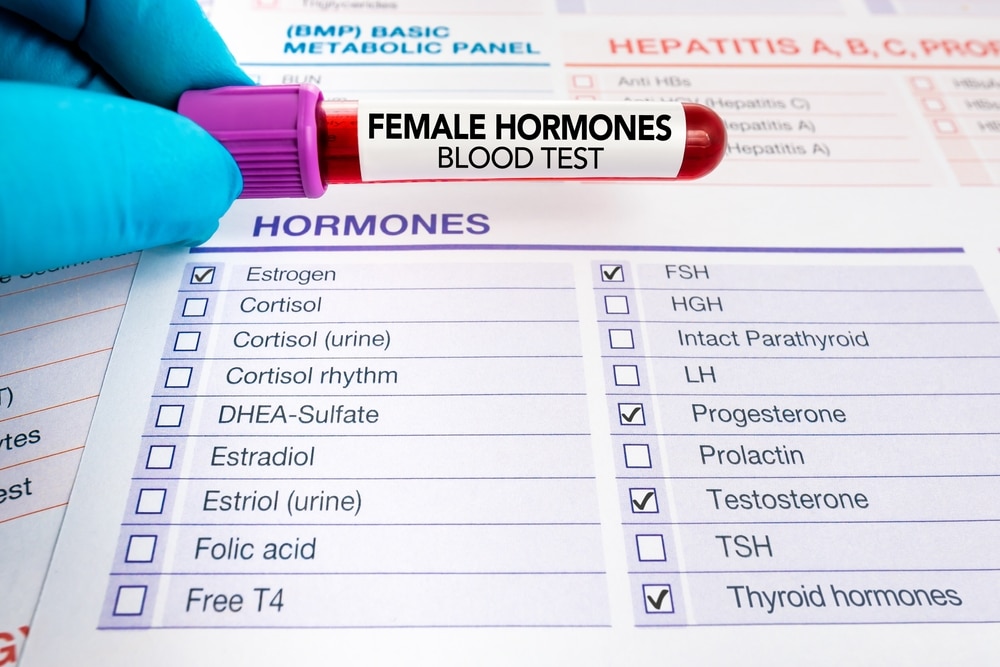Menopause Treatment
Menopause Treatment in Winston-Salem
Menopause is a natural process that occurs in every woman’s life, marked by a decline in hormone levels. Typically, this transition begins around the ages of 40-50, although it can start earlier. By the age of 52, most women have ceased hormone production, indicating the onset of menopause.
While menopause is a natural occurrence, it often comes with discomforting symptoms. Common symptoms include hot flashes, vaginal dryness, mood swings, sleep disturbances, cognitive difficulties, and decreased libido.
Fortunately, there are treatment options available to alleviate these symptoms and help women feel like themselves again. We have found that using bio-identical hormones provide the best improvement and the least side effects.

Understanding the Stages of Menopause:
Menopause can be an intriguing time for many older women and their bodies. Dealing with fluctuating levels of progesterone and estrogen can affect moods, leaving them confused, saddened, or even distressed in many ways. Regardless of what happens, make sure you are at least prepared for it. To prepare yourself for menopause, you must ensure to train your mind and body.
Stage 1: Perimenopause
During this stage, hormone levels begin to fluctuate significantly, posing challenges due to the hormonal imbalances. Mood swings and irregular menstrual cycles are common symptoms, as women may experience skipped or less consistent cycles. Progesterone deficiency is common in this stage.
Stage 2: Menopause
Women reach menopause if they have not had a menstrual cycle for 12 consecutive months. Hormone deficiencies become more pronounced during this stage, leading to symptoms such as hot flashes, cognitive changes, vaginal dryness, and decreased libido. All hormone levels have declined at this point.
Stage 3: Post-Menopause
In this stage, natural hormone production ceases, necessitating protection against the physiological effects of hormonal decline. It is crucial to prioritize the health of bones, cardiovascular system, and brain during this stage. A comprehensive hormonal treatment regimen is necessary during this stage.
Relevant Tests for Menopause:
Surprisingly, many doctors do not perform blood tests before and during menopause or hormone therapy. However, monitoring and tracking hormone levels, particularly during treatment, is crucial in our approach. Essential hormones to monitor include estradiol, progesterone, FSH, LH, and testosterone. Baseline levels of these hormones help healthcare providers determine the stage of menopause and fine-tune the treatment regimen accordingly.

Treating Menopause in Winston-Salem:
Women in different stages of menopause require varying degrees of treatment. Our recommended hormone therapy is bio-identical hormone therapy, which employs hormones identical to those naturally produced by the body throughout a woman’s life. The hormones utilized may include DHEA, Pregnenolone, Progesterone, Estradiol, and Testosterone. Generally, the more advanced the stage of menopause, the broader the support needed.
To ensure the effectiveness of the hormones and achieve satisfactory levels, we also monitor hormone levels every 3-6 months.
Benefiting from Integrative Medicine:
Integrative medicine, a branch of medicine that recognizes the individuality of each patient’s condition, can assist in assessing and addressing hormone imbalances, restoring them to optimal levels.
Having a knowledgeable provider who can explain the risks and benefits of hormone therapy is crucial. This information will empower you to make an informed decision about your treatment options.
Contact Robinhood Integrative Health in Winston-Salem to discover how we can support you during this phase of your life.

